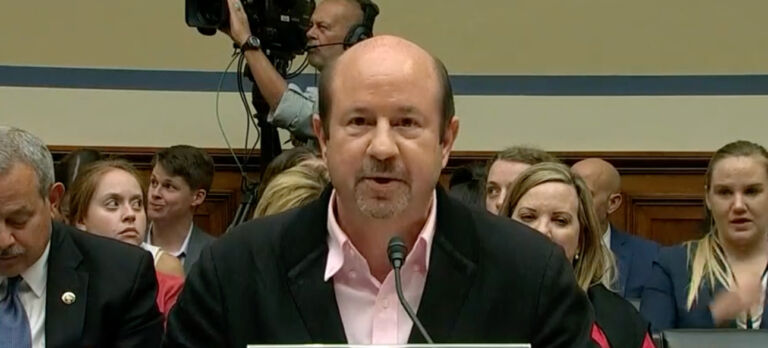Adam Ellwanger writes for the American Mind about the popular slogan “the science is settled” and the application to climate change.
The unstated premise of “The Science is Settled” is that if there is a large consensus, then the consensus view must be right. Fortunately, though, there are ways to measure experts’ degree of certitude when it comes to the consensus on climate change. This is because the scientists can’t resist the urge to prophesy. The implementation of the Left’s broad climate policies depends on conveying the urgency of the problem, which requires that “the Science” depict the hell that awaits us if we opt for inaction. …
… NCA5 will allow us to assess the accuracy of the prophecies foretold in NCA4, and we’ll also learn whether the apocalypse is unfolding on schedule. But in preparation for the new report, we not only have a duty to revisit the “projections” of NCA4, we must refresh our memories on just how much confidence experts had in those projections to begin with. The answer, it seems, is “not much.”
NCA4 was full of dire predictions. For example, the report warned, “Many millions of Americans live in coastal areas threatened by sea level rise; in all but the very lowest sea level rise projections, retreat will become an unavoidable option in some areas” (emphasis added). Note the certainty of the phrasing: “will become.” Although the quote explicitly acknowledges that some “projections” don’t foresee the U.S. coast being inundated, the writers make sure to emphasize that these (allegedly flawed) projections don’t undermine the “scientific consensus.” But then what of the curious assertion that “retreat will become an unavoidable option”? Here we see the rhetorical sleight of hand: by definition something that is “unavoidable” is not an “option.” And if retreat will be an “option,” then the hypothetical flooding would necessarily be negligible.


